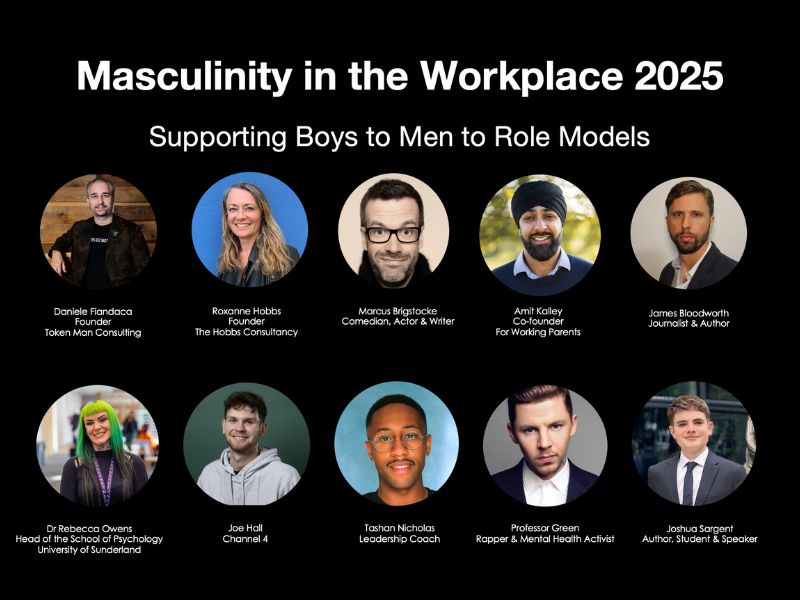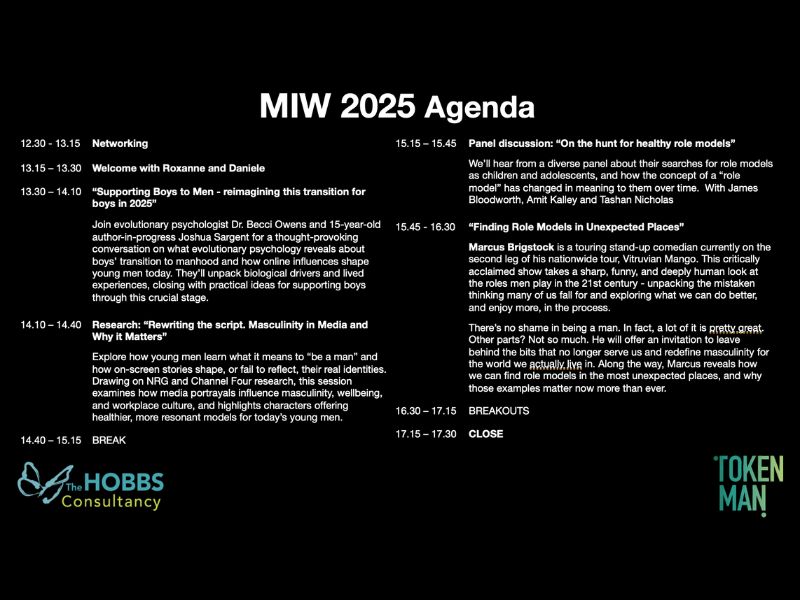
Article by Susie Al-Qassab, Partner at Hodge Jones & Allen
Our ‘new normal’, familiar but indisputably different, remains fraught with the anxieties of the pandemic. Anxieties are, of course, deeply personal but can be compounded by the actions of others, especially when they have different levels of adherence to mask-etiquette, vaccine uptake, and social distancing to ourselves. Not to mention that staff have generally been working in the relative peace and quiet of their dining tables, one step removed from the boss and the team, whose physical presence now seems to grate where it never did before. This is fertile ground for emotional disputes and, in some cases employers, staff, and union are beginning to butt heads – resulting in ‘office rage’.
For the first time in over a year, many office workers are faced again with the unique dynamic of colleague relationships. It is maze of social politics in itself. But at the
centre of many of our water-cooler conversations, beneath Sunday night television and weekend plans, the COVID pandemic persists as a main talking point.
The problem is exacerbated by an absence of clear government guidance on managing the pandemic workplace. Without a defined system of rules, office disputes on COVID-related issues now hinge on personal opinion and individual decisions. Vaccination status is proving to be the most divisive topic in the workplace. As a marked and morally-charged divide, opinions on vaccines are inevitably aggravating pre-existing tensions and sparking new ones as workers return to shared spaces.
We believe that a heavy-handed disciplinary process only causes more disruption within an already disruptive set of circumstances.
Establishing clear grievance policies that encompass informal resolution and sensitive mediation of interpersonal issues are far more productive. Early, empathetic intervention is beneficial to everyone: it understands employees as individuals whilst enabling group efficiency. Rather than quietly managing individual complaints, it is a matter of actively cultivating a happy and communicative environment for all.
After all, happy employees are more productive. This might be the key lesson learned as we reflect post-pandemic. The rapid adoption in working from home disproved criticisms that it would create a less productive workforce. Rather, the degree of agency offered by flexible working allows self-care to be more seamlessly incorporated into working life, facilitating enthusiasm and efficiency.
Office culture must build upon, not bulldozer, this progress. As workers return to the office, naturally they will expect to maintain some of this agency. This has the potential to come into conflict with the working patterns of others and differing attitudes towards the pandemic. In order to resolve disputes and handle misconduct claims, employers would do well to remain sensitive to the diverse needs and attitudes borne of the pandemic.
A clear grievance procedure must tackle complaints in their early stages to prevent a lengthy bureaucratic process that unnecessarily compounds employee discontent and, in turn, stifles workplace productivity. Listening to complaints with immediacy, not bureaucracy, saves time that would otherwise be expended by company resources at a later stage. Notably, it saves on the £28.5 billion yearly expense by companies on workplace conflict, often through formal processes.
‘Office rage’ is no temporary turbulence. The pandemic has fundamentally changed the structure of office life. It is fresh ground for dispute and an unclear context for workers’ rights. This also requires a re-think of how employers should be supporting their employees. The old Employee Handbook is no longer fit for purpose and needs to be rejuvenated too. It is for each business to re-evaluate what kind of workplace culture they want to create and what they stand for as a business, just as the world has reflected and reprioritised over the last 18 months, and to make policy accordingly. This could mean dialling up support for employee welfare; implementing policies to support volunteering or charitable giving; it could be policies to make the workplace more sustainable; or the focus may be to offer enhanced employee benefits or more innovative ways of doing things.
Compassion must remain at the centre of this context. Structural changes such as pay cuts are a commercial necessity and complaints must be dealt with professionally. However, by empathetically engaging with staff, all of whom are faced with a unique experience of pandemic-era working, employers can ensure a healthier and more harmonious workplace community.
November
06nov10:0015:00CPD Accredited Menopause Champion Course
06/11/2025 10:00 - 15:00(GMT+00:00)
Join us on our CPD Accredited Menopause Champion Course Our course includes practical tools, DEI considerations and step-by-step guidance to help Champions feel confident and equipped to offer real support — not just awareness. Here’s what’s included: Understanding Menopause
Our course includes practical tools, DEI considerations and step-by-step guidance to help Champions feel confident and equipped to offer real support — not just awareness.
Here’s what’s included:
Understanding Menopause
– Key stages and common symptoms
– How menopause impacts work and wellbeing
Diversity in Menopause
– Different experiences across cultures, health, age, and gender identity
Managing Menopause
– Overview of HRT, natural options, and practical strategies
Navigating GP Appointments
– How to self-advocate, track symptoms, and prepare for appointments
Supporting Colleagues
– Fostering openness, having sensitive conversations, and making adjustments
Creating Menopause Action Plans
– Step-by-step template to ensure support and inclusion
Championing Inclusion
– Guidance for supporting neurodivergent, disabled, diverse, LGBTQ+, and frontline staff
Your Role as a Champion
– Responsibilities, boundaries, signposting, and building trust
The course also includes:
✅ A Menopause Action Plan template
✅ Navigating GP Appointments document
Plus loads more free resources!
DATE: Thursday 6th November
DATE: Wednesday 17th December
Place: Zoom
Time: 10.0am – 3.00pm
Cost: £395 (including certificate)
19nov10:0013:00MenoMinds – Free Training for Women in Business | Menospace & Minds That Work
19/11/2025 10:00 - 13:00(GMT+00:00)
Introducing MenoMinds – Free Training for Women in Business We’re excited to share MenoMinds, a fully funded programme created by Menospace and
We’re excited to share MenoMinds, a fully funded programme created by Menospace and Minds That Work, supporting women in business, freelancing, or entrepreneurship through the emotional and mental challenges of menopause.
Wednesday 19th November | 10:00am – 1:00pm (UK)
Live on Zoom | 💷 Free (funded by NEBOSH’s Social Purpose Programme)
Menopause can affect confidence, focus and wellbeing — MenoMinds helps you take back control with practical tools and a supportive community.
You’ll explore the CARE Framework:
Includes a digital workbook and invitation to monthly community groups on sleep, nutrition and stress management.
Freelancers, entrepreneurs, and women in small or micro-businesses (under 50 employees).
Facilitators: Haley White (Menospace) and Victoria Brookbank (Minds That Work)
19nov12:3018:00Masculinity in the Workplace - 2025 (In-person)
19/11/2025 12:30 - 18:00(GMT+00:00)
Conway Hall
25 Red Lion Square, London, WC1R 4RL
Brought to you by Token Man and The Hobbs Consultancy. Welcome to Masculinity in the Workplace, designed specifically to

Welcome to Masculinity in the Workplace, designed specifically to engage men with creating inclusive cultures. Marking International Men’s Day, the objective of our event is to give men both the reason and the skills to lean into the conversation, while also providing women and non-binary people with the confidence to engage more men in culture change. Because ultimately we can only make real change by working together.
Date: Weds Nov 19 2025
Time: 12.30pm to 6pm
Location: Conway Hall, 25 Red Lion Square, London, WC1R 4RL
Our speakers will share their insights and experiences, shedding light on the evolving dynamics of masculinity, leadership and culturein diverse work environments. You’ll have the chance to ask questions, participate in interactive sessions, and network with like-minded professionals.
The theme for this year is ‘Supporting Boys to Men to Role Models’. This year’s event will seek to understand the concerns and barriers that are in the way for boys and men, particularly looking at key inflection points in their lives. It will equip parents, leaders, friends and persons of significance in the lives of young men with the tools for self-reflection, effective role modelling and courageous conversations..
It will suggest that status-seeking and risk-taking behaviours are innate as boys become men, look at how this shows up for boys in 2025 and question what support could help these boys have a more positive initiation in to adulthood so that they are ready for the workplace. We know that there is a reverse gender pay gap and that schools aren’t preparing students in the same way to enter the professional workplace – what needs to be done?
We will look at the behaviours that are role modelled by men once they are in the workplace. Is it healthy for us to look for male role models, or is a search for positive behaviours more effective? What can we learn from how men are represented on screen and in the media? And what can we do to support our men once they are in the workplace?
This site is for the in-person experience. Otherwise you can register for the online version here.
FYI – lunch will not be provided

This event is for anyone passionate about creating more inclusive, equitable, diverse and human workplaces, and we welcome attendees of all identities and expressions.
Historically, our audience has included around 60% men and 40% women or non-binary people, with a wide range of roles and lived experiences.
This year, we’re especially keen to welcome CEOs, HRDs, CMOs, Inclusion & Diversity leaders, People & Culture teams, and anyone working to engage men more effectively in their organisations. Whether you’re a parent, people manager, or someone invested in systemic culture change, this event is for you.
By attending, you’ll be joining a growing community of people committed to reshaping masculinity, unlocking allyship, and building workplace cultures where everyone can thrive – from boys and young men to senior leaders and everyone in between.
20novAll DayDigital Transformation Conference
20/11/2025 All Day(GMT+00:00)
Mercure London Earls Court
London
Ready to transform your business in the digital age? The upcoming Digital Transformation Conference UK promises an exceptional opportunity for leaders who want to accelerate change, embrace innovation and shape
Explore how industry leaders are redefining digital and business transformation. Learn proven strategies, gain fresh perspectives, and connect with peers shaping the future of technology and enterprise. Tactical & practical content to drive your transformation efforts.
Throughout the day, delegates can look forward to a diverse programme of content exploring every aspect of digital transformation, business change, and innovation. Hear best practices, lessons learned, and insights into real-world challenges from leaders driving progress across digital, technology and IT.
If you’re a C-suite leader, head of innovation, transformation or IT, this is the place to be. Whether you’re just starting your journey or looking to scale up, you’ll leave with fresh ideas, new contacts and a renewed sense of direction.
